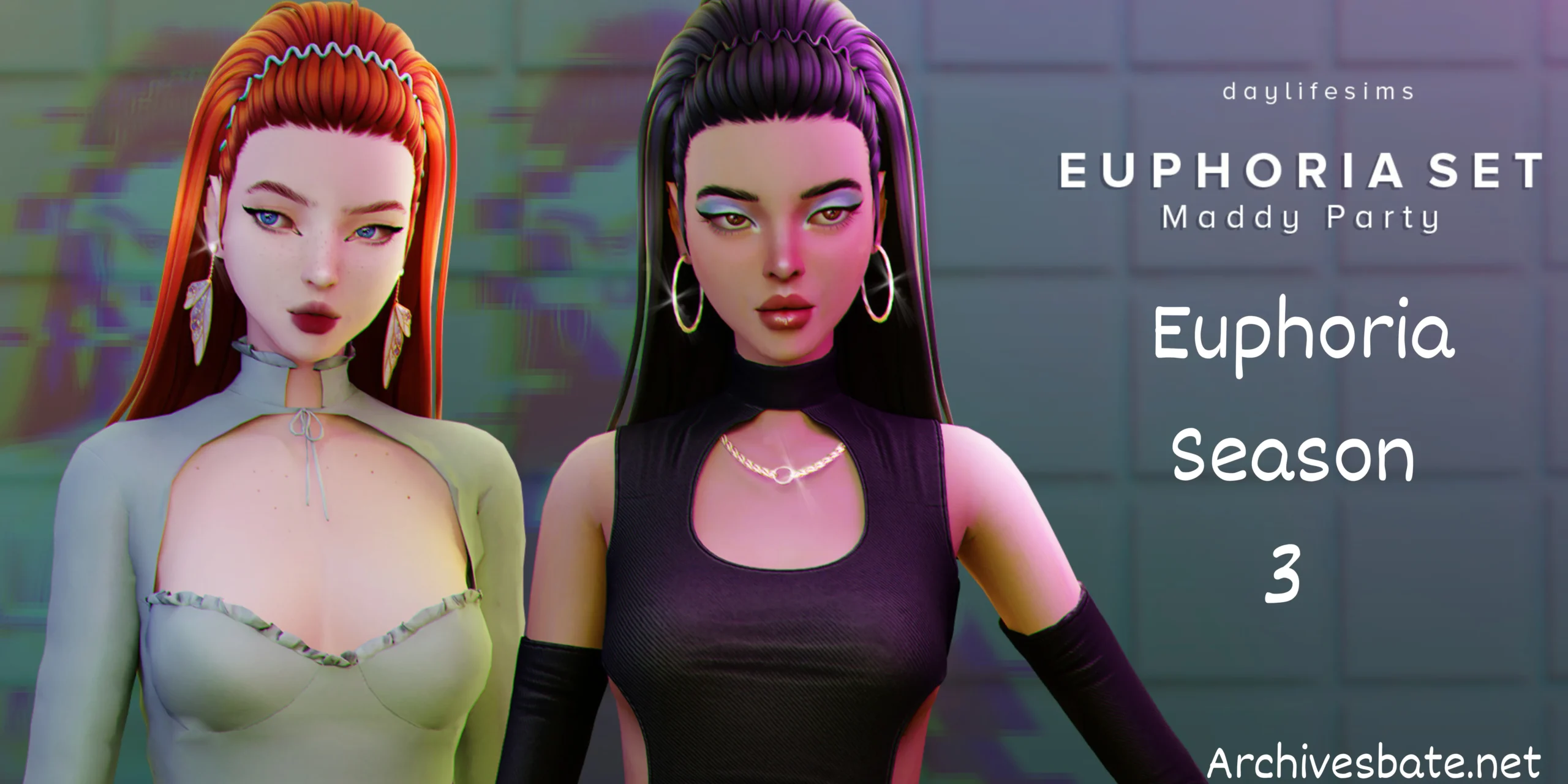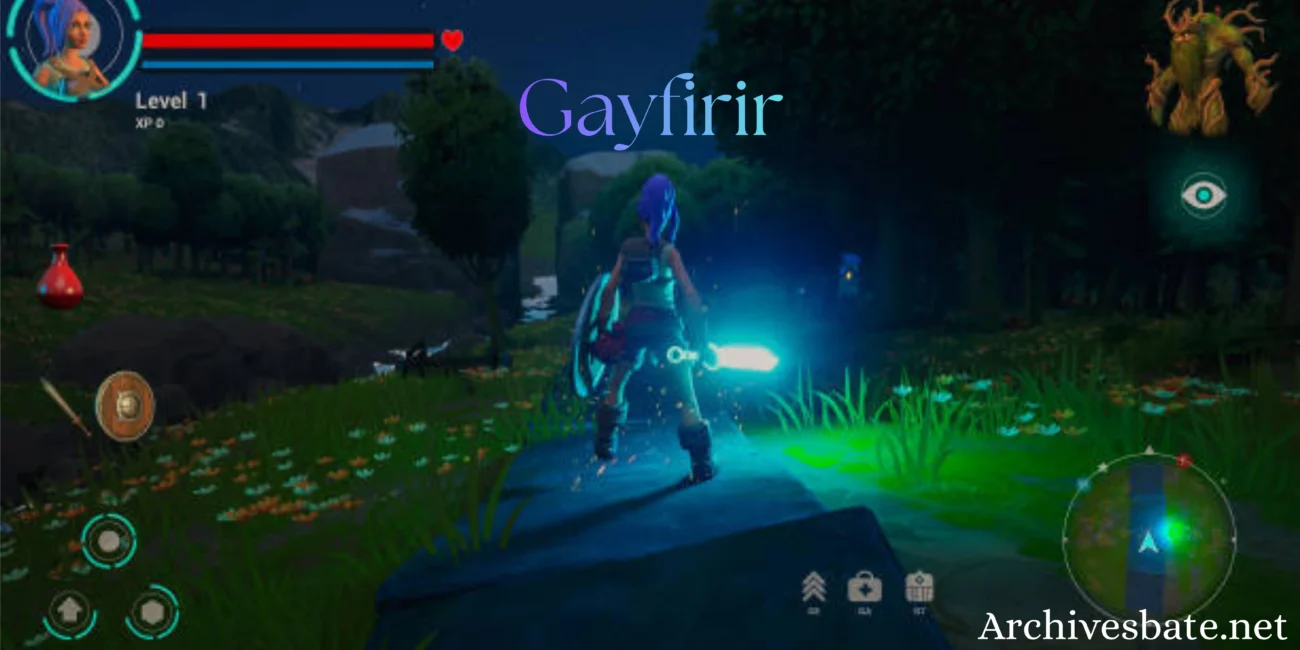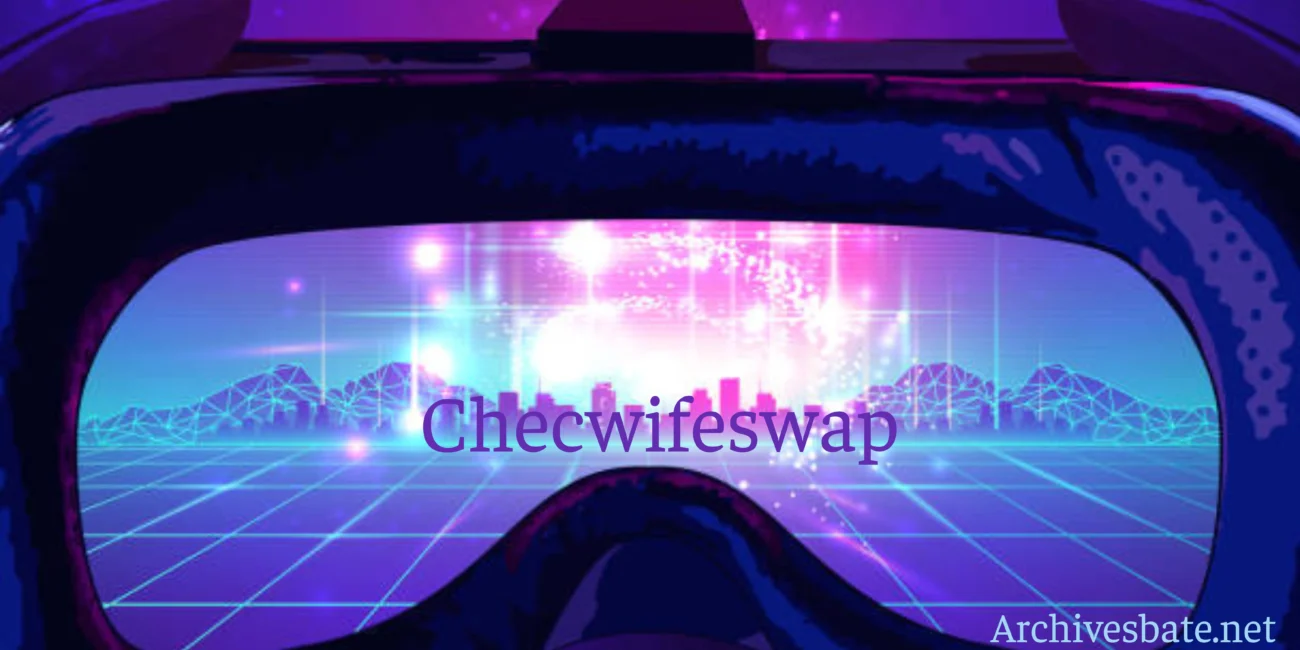Euphoria: Season 3 may still be highly-anticipated television, but the series’s approach to storytelling—with its complex characters, asynchronous narrative structure, and unapologetic shift from escapist writing—traction with knowledgeable audiences presents some intriguing lessons for narrative-driven games. As games swing back into mature storytelling, Euphoria’s techniques can serve as a model in developing emotional and narrative advances within games that incite challenge players intellectually and emotionally.
What the Game can Learn from Eurphoria’s Narrative Structure
Euphoria frames its narrative in a non-linear structure, populating episodes with character-focused narratives, veering unreliable narration, and at points the visuals do all the storytelling providing more direction than the words. While these storytelling modalities are common place within prestige television, they remain underutilized in games because of the interactivity of the medium. Euphoria: Season 3 will likely break even more new ground on these modalities, and hopefully, game developers will continue to try creative and risky approaches.
Character Development: The anti-hero’s journey
Gaming almost always relies on a traditional hero’s journey – a reluctant protagonist becomes a “hero” that saves the day. Euphoria explicitly rejects this notion entirely with characters that are deeply flawed or troubled people with no guaranteed resolve or guarantee of becoming redeemed to the audience through their narrative arc. Characters make choices of movement forward, rearward, do damage to each other, and remain a hot mess throughout. Games like The Last of Us Part II and Disco Elysium venture into similar complexities, but it is clear mainstream gaming can accomplish more by taking the cue from Euphoria.
Emotional Honesty in Gaming Contexts
Euphoria does not protect an audience from feelings like shame, jealousy, desperation, and self-loathing. Usually, the gaming medium detaches these feelings from protagonists and usually locks them in antagonists. Games could present a much deeper experience with players if a protagonist was able to experience these emotions and be judged by others without the player judgment and in a safe space for players to metaphorically experience complex feelings in an interactive narrative.
The Unreliable Narrator
Rue’s narration informs our understanding of the world of Euphoria, but we slowly learn Rue is an unreliable narrator due to addiction, trauma, and self-deception. The gaming medium does not use this concept often in a meaningful way. Can you imagine games that used unreliable context in the UI, quest markers, or backstory content? What if the unreliable protagonist’s feelings were transmitted through an unreliable filter based on state of mind like in Euphoria?
Visual Storytelling: Show Don’t Tell
Euphoria depicts characters emotional states without verbal dialogue through wardrobe choices, make up, lighting, and camera/scene choices to illustrate the emotional meaning of the character in a range of situations.m The gaming medium can do this but often fall in the over-explanatory trait of narrative development through dialogue or in some cases through some sort of written or visual log. Environmental storytelling clearly exists but can be pushed much further, such as character wardrobe changing in relation to characters emotional states, lighting to relate to characters mood.
Gameplay from Different Perspectives
Euphoria devotes entire episodes to specific characters with the aim of reframing previously relevant events, and thinking about this in the context of gaming could be even bolder: imagine playing the same sections of a game from entirely different characters’ perspectives (complete with different memories, goals, and first-hand experiences of the exact event in question). Only games like Detroit: Become Human have really attempted this, and I’m sure there is more to be explored here.
Mature Themes without Exploitation
Euphoria is dealing with addiction, abuse, sexuality, and mental health without exploitation—difficult when you consider how easily these themes can be gratuitous. Games struggle with this sort of thing; it is no surprise mature themes and story elements are often used as shock value and not as anything truly legitimate. Presumably, Euphoria Season 3 will continue to showcase how to handle intense content with artistic fidelity and not sensationalism.
Episodic Format in Games
While episodic games exist, most usually end each episode with some cliff-hanger moment, as opposed to extending the study of a character as Euphoria does. Imagine chapters in a game that commit an entire chapter to one character and character-plot development before returning to the main narrative=plot threads. This would also allow for the player to understand a character’s motivations even before passing judgment on a character’s actions (and maybe create some empathy for a character they may have otherwise dismissed).
Consequences That Resonates
The choices characters make in Euphoria have genuine, lasting consequences which are often irreversible. In gaming, we typically have ‘redemption paths’ and allow for ways to ‘fix’ the mistakes we made. And instead, we can add a save feature where the major choice is permanent; once the relationship is damaged, it can’t be repaired, and the character needs to live with the decision – all of a sudden, you are raising the stakes emotionally.
Music and Atmosphere in Interactive Media
Similarly, music in Euphoria is not incidental, but is an integral part of the emotional experience – Labrinth’s score, the added musical moments, the careful, curated needle drops, the way the music lifts and propels moments that already pack a punch, the emotional impact all builds with sound. Often in gaming, we treat music as an incidental background element, rather than as an emotional partner. Dynamic scoring, that responds to not just action but emotionally to intensity in a scene, could shift gaming’s emotional range considerably.
Frequently Asked Questions
Q: What are some games that utilize Euphoria’s narrative approaches?
A: Games like Last of Us series, Disco Elysium, What Remains of Edith Finch, Hellblade: Senua’s Sacrifice, Life is Strange operate on similar emotional complexity and risk taking.
Q: Would these approaches work for all genres of games?
A: Principal, no. In a multiplayer competitive environment we do not prioritize this types of experience. But, even action games could include some of this sort in depth with character, without conceding gameplay.
Q: Is it possible for Euphoria to exist as a video game?
A: Yes, but it would require designers to create experiences where ‘winning’ isn’t at the forefront, and where players could deliberately make self-destructive decisions as a way to engage with the characters.
Q: Is there a way for indie developers to use these techniques in their games?
A: Yes, you can begin with their writing characters effectively, employ strong non-linear structures, think in terms of visuals to tell your stories rather than exposition, create moral and ethical choice trees that do not have a good choice or a bad choice, and trust players in their experiences.
Q: Can we expect Euphoria Season 3 to influence games?
A: Sure, indirectly. Prestige television is pushing what can and can’t be done with narrative structure, and game writers and directors are inspired, and slowly pushing the envelope of what will be accepted in interactive storytelling.
Disclaimer
The contents of this article are narrative analysis comparing two storytelling methods of story in television and video games. The details provided about Euphoria Season 3 are speculative. No official adaptations have been announced for a video game. Narrative recommendations made throughout this article are creative ideas, not prescriptive game design guidelines. Many complex factors determine the development of video games, beyond story such as gameplay design, technical limitations, and market forecasts. Narrative themes that are mature in nature, should be examined carefully to be sure of appropriateness within each context of content ratings. In its original form, Euphoria is rated TV-MA for Mature Audiences. Video games with similar narratives should consider similar rating badges as determined by industry recommendations. The content of this article is intended for analytical and educational purposes only, and does not imply professional opinion on narrative design or game development.






















